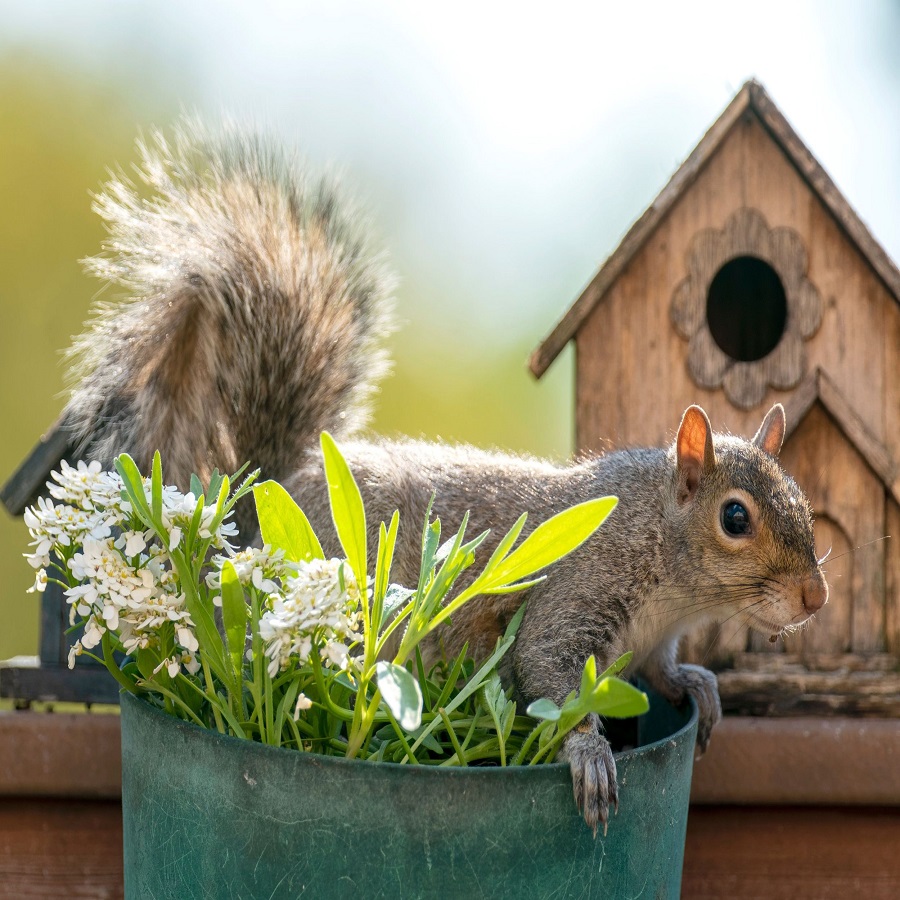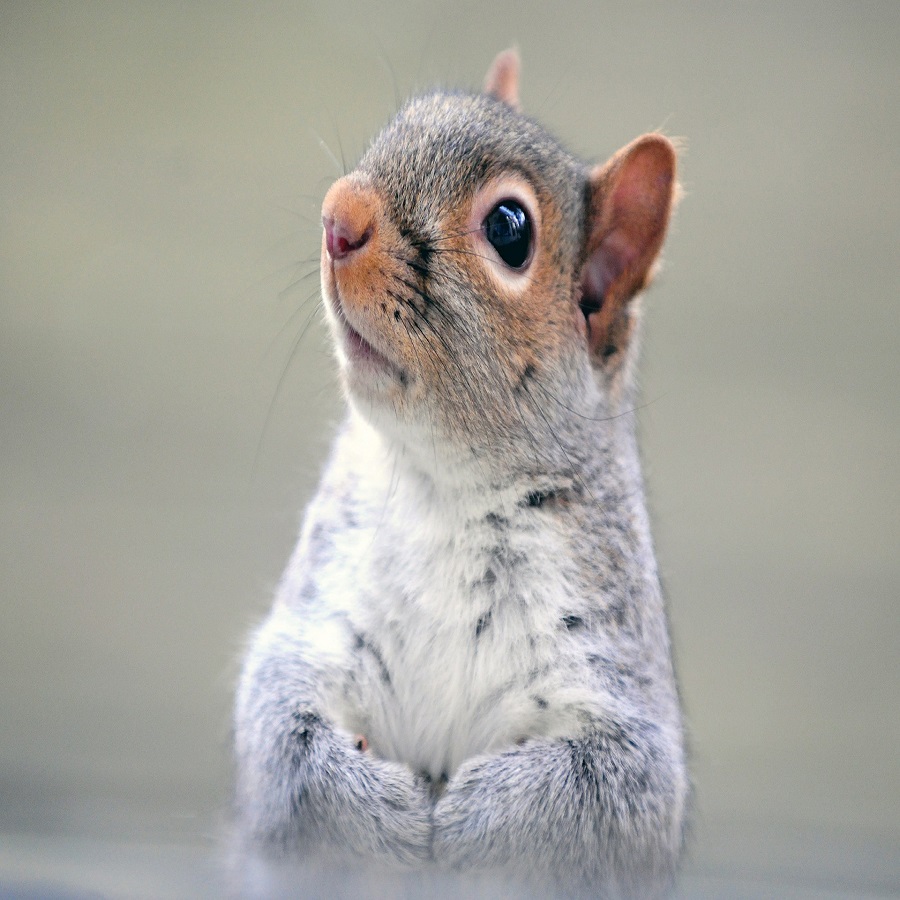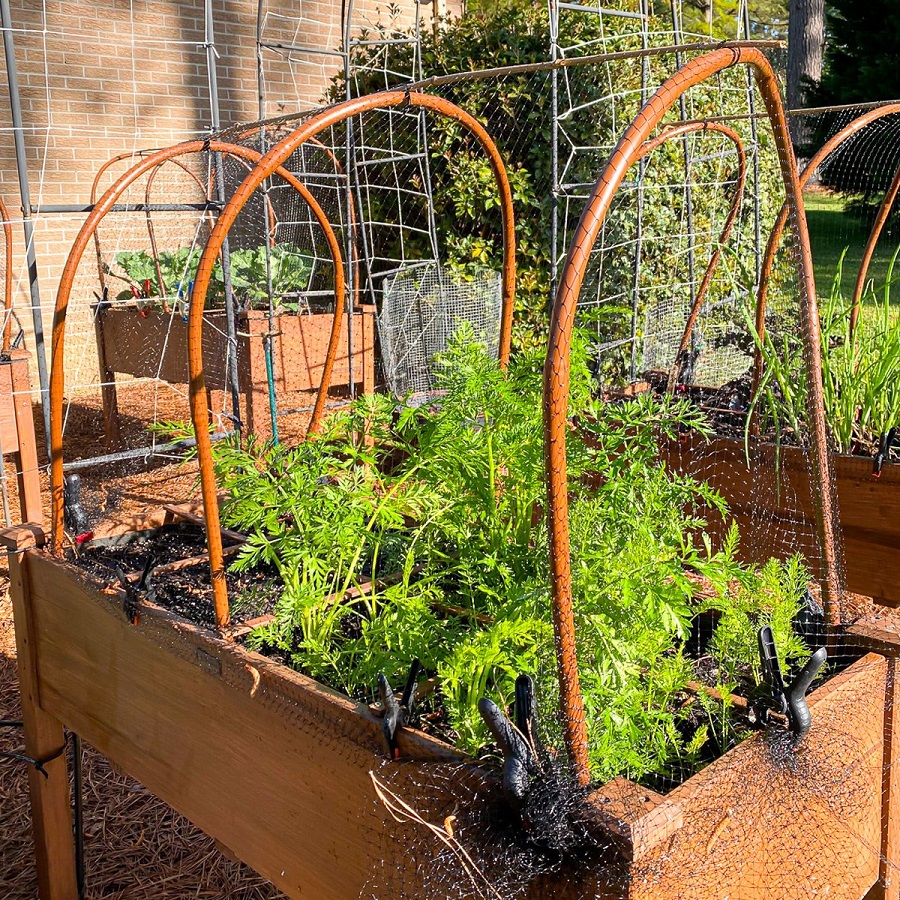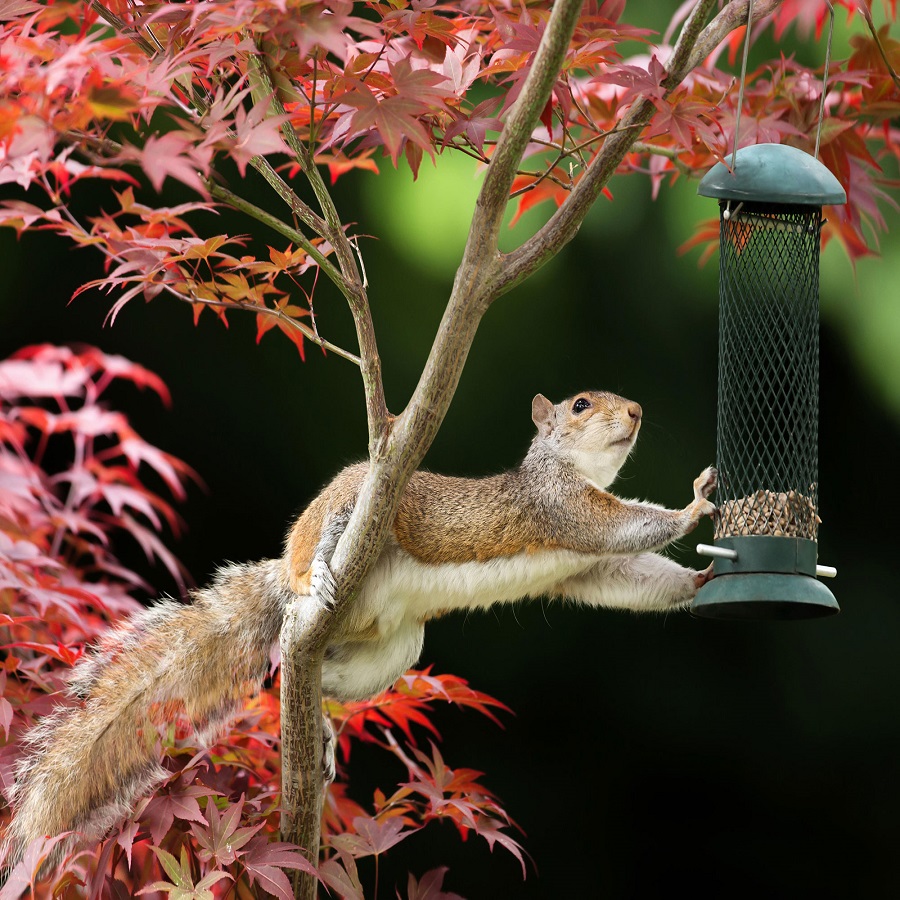Introduction: The Challenge of Squirrels in the Garden
Understanding the Problem
Squirrels are common garden pests known for their relentless pursuit of food and potential mischief. They often see flower pots as a convenient place to store their food or build nests. Their presence can be frustrating for gardeners, as they can disrupt plants and damage delicate flowers. This article explores practical strategies to deter these critters and protect your garden.
Why Squirrels Target Flower Pots
Squirrels are naturally inclined to seek out easy food sources and safe places to hide their stash. Flower pots often provide a combination of shelter and potential food sources. Additionally, the soil in flower pots can be attractive for squirrels to dig through in their search for insects or nuts. Understanding these motivations can help in devising effective deterrents.
Physical Barriers: Preventing Access to Pots
Using Wire Mesh
One effective method to keep squirrels out of your flower pots is to cover the soil with wire mesh. This creates a physical barrier that is difficult for squirrels to penetrate. Ensure the mesh is cut to fit the pot snugly and secure it around the edges. This method not only keeps squirrels out but also prevents other animals from disturbing the soil.
Installing Decorative Barriers
For a more aesthetic approach, consider using decorative barriers such as metal or ceramic guards around your flower pots. These barriers can be both functional and visually appealing, adding to your garden’s design while keeping squirrels at bay. Choose designs that complement your garden’s style and are tall enough to deter squirrels effectively.

Natural Repellents: Harnessing Nature’s Power
Using Strong Scents
Squirrels are sensitive to strong scents, and you can use this to your advantage. Applying substances with strong odors like garlic, cayenne pepper, or essential oils around your flower pots can repel squirrels. Create a mixture with water and these substances and spray it on the soil regularly to keep squirrels away.
Planting Repellent Herbs
Certain herbs can act as natural deterrents for squirrels. Plants such as mint, lavender, and rosemary are known for their strong scents that squirrels dislike. Planting these herbs around your flower pots can create a natural barrier that keeps squirrels from approaching your flowers.
Commercial Repellents: Ready-Made Solutions
Squirrel Repellent Sprays
There are various commercial squirrel repellent sprays available that are designed to keep these pests away from your garden. These sprays often contain ingredients that are unappealing to squirrels and can be applied directly to the soil or surrounding area of your flower pots. Follow the manufacturer’s instructions for best results.
Ultrasonic Repellers
Ultrasonic repellers emit high-frequency sounds that are unpleasant for squirrels but inaudible to humans. These devices can be placed near your flower pots to deter squirrels from approaching. Ensure the repeller is suitable for outdoor use and positioned in a way that maximizes its effectiveness.
Garden Maintenance: Keeping Your Pots Squirrel-Free
Regular Soil Maintenance
Keeping your flower pots well-maintained can help reduce their attractiveness to squirrels. Regularly check for any signs of digging or disturbances and promptly address them. Keeping the soil surface smooth and free of debris can make your pots less appealing to squirrels looking for a place to hide food.
Avoiding Common Attractants
Squirrels are often attracted to food sources such as birdseed or fallen fruit. By minimizing these attractants around your flower pots, you can reduce the likelihood of squirrels being drawn to your garden. Ensure bird feeders are squirrel-proof and clean up any fallen fruit or seeds promptly.

Alternative Pot Designs: Outsmarting Squirrels
Using Hanging Pots
Consider using hanging pots or containers that are elevated off the ground. Squirrels have a harder time accessing pots that are hanging or placed on high stands. This not only makes it more difficult for them to reach your plants but also adds a dynamic element to your garden design.
Opting for Squirrel-Resistant Planters
Some planters are specifically designed to deter squirrels. These may have features such as smooth, slippery surfaces or built-in deterrents that make it challenging for squirrels to climb or access the soil. Investing in these types of planters can provide an added layer of protection for your flowers.
Enhancing Garden Design: Incorporating Squirrel Deterrents
Integrating Squirrel-Repellent Plants
Incorporating plants that naturally repel squirrels can enhance your garden’s overall design while serving a practical purpose. Plants such as marigolds, daffodils, and alliums are known for their strong scents and properties that deter squirrels. By strategically placing these plants around your flower pots, you create a barrier that not only adds visual interest but also contributes to the protection of your garden.
Using Decorative Scare Devices
Scare devices, such as wind spinners, reflective objects, or faux predators like owls, can add a dynamic element to your garden while keeping squirrels away. These devices exploit squirrels’ natural instincts to avoid predators and sudden movements. Place these scare devices around your flower pots or near entry points to your garden for maximum effectiveness. Ensure they are moved periodically to prevent squirrels from becoming accustomed to them.
Behavioral Modification: Training Squirrels to Avoid Your Garden
Consistent Disruption Techniques
Squirrels can be deterred by creating a consistently disruptive environment. For example, placing motion-activated sprinklers or loud noises at random intervals can make your garden an uncomfortable place for squirrels. These techniques, while more labor-intensive, can condition squirrels to associate your garden with negative experiences, thereby reducing their visits over time.
Providing Alternative Food Sources
Sometimes, providing an alternative food source away from your flower pots can redirect squirrels’ attention. Placing squirrel feeders stocked with nuts or seeds in a different part of your yard can help keep them occupied and less interested in your flower pots. Ensure these feeders position far enough from your main garden area to avoid attracting squirrels closer to your plants.

Seasonal Considerations: Adapting Strategies for Different Times of the Year
Winter Strategies: Protecting Against Cold Weather Behavior
During winter months, squirrels may be more desperate for food and shelter. To address this seasonal challenge, increase the use of deterrents and protective measures around your flower pots. Consider adding extra layers of wire mesh or using more robust repellents. Additionally, ensure that your garden remains free of any easy-to-access food sources that could attract squirrels during their winter foraging.
Spring and Summer Adjustments: Managing Increased Activity
In spring and summer, squirrels are more active and may be more inclined to disrupt your flower pots. To combat this, regularly check and reinforce your deterrent methods. Use a combination of natural repellents and physical barriers to maintain a strong defense. Monitor for any signs of increased activity and adjust your strategies as necessary to keep squirrels at bay during these busy seasons.
Conclusion: Implementing a Multi-Faceted Approach
Combining Strategies for Best Results
The ultimate strategy for keeping squirrels out of your flower pots involves combining multiple methods. By using physical barriers, natural repellents, commercial products, and maintaining your garden properly, you can create an environment that is less inviting to squirrels. Regular monitoring and adjustments to your approach will help ensure ongoing protection for your garden.
Long-Term Maintenance and Observation
Consistent maintenance and observation are key to long-term success. Keep track of what methods work best for your specific situation and prepare to adapt as needed. By staying vigilant and proactive, you can effectively protect your flower pots and enjoy a beautiful, squirrel-free garden.
